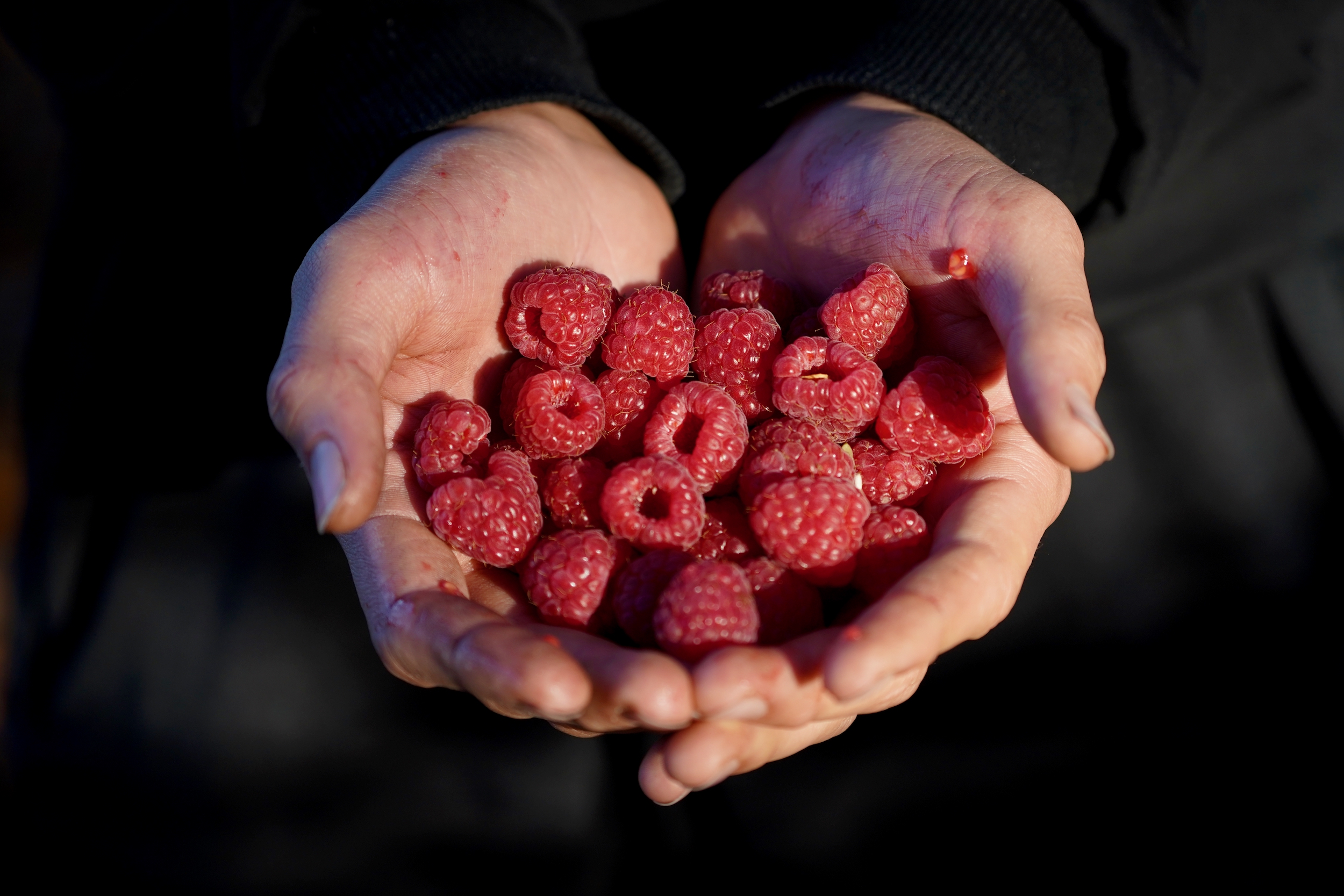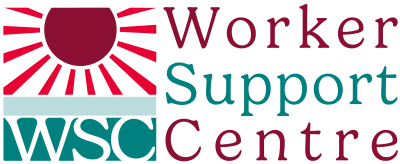
Understanding migrant agricultural worker experiences in general is not something we’ve historically done well. Almost no evidence of seasonal agricultural workers experiences in the UK has been gathered in nearly 80 years of migrant workers filling such roles. But for women migrant workers, the picture is even more unclear. UK Government immigration data is not disaggregated by gender, and so we’re left with best guess data to tell us how many migrant women are filling seasonal agricultural roles.
Our 2023 Annual Report provides the largest independent evidence base of seasonal worker’s experiences to date. Of the 400 people we supported in seasonal agriculture at the Worker Support Centre from June-December 2023, just over half declared their gender, and we assisted 30 women as compared to 175 men. That means 15% of those we helped, where declared, were women. This figure is reflected in the Government’s survey of workers on the Seasonal Worker visa (SWV), with 15% of respondents women. Research conducted for the Scottish Government in 2023, however suggested this figure is higher, reporting numbers of women on the visa to have risen to 30%.
Whilst the figures are inconclusive, all evidence available indicates that women are in the minority in seasonal agricultural work in the UK. This fact alone provides a foundation for beginning to understand women’s experiences: we know that where women are operating in workplaces dominated by men, the power imbalance they already face in society, is exaggerated. The International Labour Organisation has found, that women are more likely to face sexual harassment when working in sectors dominated by men.
Additionally, much analysis of tied and temporary migration programmes, like the UK SWV on which migrant workers come to work in UK agriculture, globally has found sexual violence and harassment to be a feature including in the USA, Italy and Spain. Seasonal agricultural work in the UK is isolated, workers are geographically dispersed, often without access to their own transport, there is no language requirement for the SWV and many workers do not speak much English, there is low to no unionisation, or community support. This isolation is exacerbated for women – particularly so given limited services available for migrant women workers that have experienced gender-based violence.
At the Worker Support Centre we look to the evidence provided by women workers, and analysis by our Outreach team, to understand some of the potential issues for women in seasonal agriculture and what steps can be taken to support women and prevent harassment, discrimination and violence. Some of what we’ve learnt is detailed below.
Firstly, access to healthcare was a more significant issue for women than men in 2023, particularly in cases of pregnancy, with those we’ve supported expressing real fear of visiting a GP for risk of losing their jobs. We’ve been working to ensure workers understand their right to healthcare – and we need to do more to raise awareness of the adjustments employers must make to accommodate pregnant women, as well as the rights of all workers, regardless of length of service, to protection from discriminatory dismissal.
Secondly we have dealt with cases where workers have been housed in mixed gender caravans, with no locks on doors or windows posing a real risk to women workers of sexual violence, and abuse. Shared sanitary facilities pose similar risks. Women share their experiences of being placed in mixed gender housing with strangers. Accommodation standards need to be developed by the UK and Scottish governments, that include measures to address women’s safety.
Connected to this is sexual harassment, with women reporting harassment on farms with no action taken. In one case a woman we helped was dismissed on the grounds of having been in a fight with colleagues who were men. Given the violence involved, the farm should have asked questions and training on gender based violence should be given to employers, including on trauma informed approaches.
Finally, many women workers have reported treatment and discrimination to us as issues, both in how they are treated by their supervisors, but also in relation to the jobs available to them. Often in these cases workers just want to transfer to an alternative workplace, but a better system would be one that facilitated anonymous reporting with guaranteed action and zero tolerance of discrimination
At present the SWV is not designed gender responsively. The Home Office guidance on oversight of the scheme does not mention the increased risks faced by women, of violence, harassment, abuse and of discrimination nor require steps to identify and address them. The scheme design has not taken account of the heightened risk to women, including by looking at the varied gendered cultural and social norms in workers’ countries of origin and gender specific risks at point of recruitment.
This International Women’s Day the Worker Support Centre commits to work to address the gender data gap in 2024, by asking the questions of women workers and seeking to better understand their experiences. We will facilitate opportunities for women to come together and discuss common issues, building solidarity and starting the process of much better understanding by our decision makers and the general public of what migrant women’s lives look like on farms across the UK.
